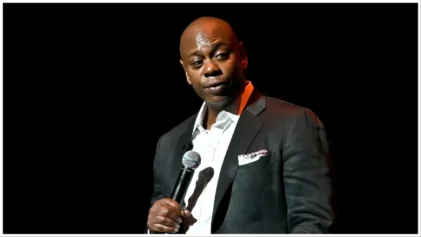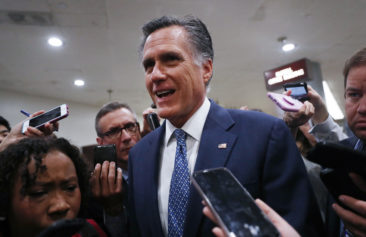As the presidential campaigns go into the final weeks before the general election, the number and frequency of campaign ads will increase and a few dirty tricks, or at least ethically questionable ones, will emerge as well.
The Jerusalem Post, in an editorial in its editions last week, called out supporters of GOP nominee Mitt Romney for producing and posting on YouTube an anti-Obama documentary called “Absolutely Uncertain,” featuring interviews with the editor-in-chief of the Jerusalem Post and other Israel-based journalists.
According to the newspaper, however, the journalists were told they were being interviewed for a documentary on the U.S. and Israel, not a partisan campaign video.
“It’s in no one’s interest for Israel to be a wedge issue in the upcoming U.S. elections,” the editorial read.
Certainly, the government will have to deal with whoever is elected. But few would be happier to see Mitt Romney become president than Israeli Prime Minister Benjamin “Bibi” Netanyahu.
The two men met and became friends in 1976 as young business school graduates and colleagues at Boston Consulting Group and the Israeli leader has been an adviser to Romney on a variety of issues, including Israel’s stance on Iran.
This is not a casual relationship.
According to an April article in The New York Times: “When Mr. Romney was the governor of Massachusetts, Mr. Netanyahu offered him firsthand pointers on how to shrink the size of government. When Mr. Netanyahu wanted to encourage pension funds to divest from businesses tied to Iran, Mr. Romney counseled him on which American officials to meet with. And when Mr. Romney first ran for president, Mr. Netanyahu presciently asked him whether he thought Newt Gingrich would ever jump into the race. “
“We can almost speak in shorthand,” Mr. Romney told The Times. “We share common experiences and have a perspective and underpinning which is similar.”
It’s no secret that President Obama and Netanyahu have had a less than harmonious relationship, but it could be argued that there is something to be said for deliberative processes, even between close allies. Netanyahu, until very recently, has come pretty close in his public remarks to suggesting he could not work with Obama.
The prime minister certainly has tried to use his influence to pressure the U.S. to take a more aggressive stance against Iran, especially supporting Netanyahu’s position that Israel may need to use a preemptive strike against Iran to keep it from developing a nuclear weapon. Obama has urged a bit more caution in engaging Iran, preferring to exhaust diplomatic channels and embargoes.
Netanyahu may have been trying to use a little influence to help his friend Romney.
The GOP nominee, to date, has shown no such restraint in discussing his ties to the Israeli prime minister or his willingness to defer to Netanyahu not just on policy, but tone.
At one of the Republican primary debates, candidate Newt Gingrich made what Romney considered a disparaging remark about Palestinians.
In response, according to The Times, Romney said: “Before I made a statement of that nature, I’d get on the phone to my friend Bibi Netanyahu and say: ‘Would it help if I say this? What would you like me to do?’ “
Martin S. Indyk, a United States ambassador to Israel in the Clinton administration, told The Times the statement implied Romney would “subcontract Middle East policy to Israel.”
Whatever Romney’s thinking about his relationships with Netanyahu and U.S. policy in the Middle East, the recent video from his supporters certainly had questionable timing—especially as foreign policy is expected to play a larger role in the remaining two presidential debates.
“For the record, The Jerusalem Post is not backing either Barack Obama or Mitt Romney in next month’s presidential elections,” the Post’s editorial read.
The editorial acknowledged it accepted paid advertising from both the Republican and Democratic parties, as most news organizations do, but “as Israel’s top English-language newspaper, which prides itself on its balanced news coverage and opinion columns, we are certainly committed to providing our readers with as much material as we can on the candidates and their campaigns.”
The question voters must consider as they listen to Romney step up his attacks against the Obama administration’s Middle East policy is whether it is an independent assessment or a campaign by proxy.
Jackie Jones, a journalist and journalism educator, is director of the career transformation firm Jones Coaching LLC and author of “Taking Care of the Business of You: 7 Days to Getting Your Career on Track.”


